Keeping your black kitchen sink clean and sparkling can be a daunting task, especially with the constant use and exposure to food stains and water spots. But with the right cleaning techniques, you can easily maintain its sleek and modern look. Here's a step-by-step guide on how to clean a black kitchen sink: Step 1: Start by removing any debris or food particles from the sink. You can use a paper towel or sponge to wipe away any loose dirt and crumbs. Step 2: Next, sprinkle baking soda all over the sink, focusing on the areas with stubborn stains. Let it sit for a few minutes. Step 3: Using a soft-bristled brush or sponge, gently scrub the sink in a circular motion. The baking soda will act as a mild abrasive and help remove any grime or stains. Step 4: Rinse the sink thoroughly with warm water and wipe it down with a clean cloth. Step 5: For any remaining tough stains, mix equal parts of white vinegar and water in a spray bottle and spray it all over the sink. Let it sit for a few minutes before scrubbing and rinsing it off. Step 6: To add some shine to your black kitchen sink, you can use a few drops of olive oil on a cloth and buff it into the surface. This will also help prevent water spots from forming. Pro Tip: Avoid using harsh chemicals or scouring pads on your black kitchen sink, as they can damage the finish and leave scratches.1. How to Clean a Black Kitchen Sink
Now that you know how to clean your black kitchen sink, it's essential to maintain its cleanliness to avoid any future build-up of grime or stains. Here are some tips to help you keep your sink looking spotless: 1. Wipe it down after each use: Make it a habit to wipe down your sink with a cloth or sponge after each use. This will prevent any food particles or oils from drying and sticking to the surface. 2. Rinse with warm water: After washing dishes, make sure to rinse the sink with warm water to remove any leftover soap or detergent. 3. Use a sink grid: Place a sink grid or mat at the bottom of your sink to protect it from scratches and dings caused by heavy pots and pans. 4. Avoid leaving standing water: Water spots can be a common issue with black kitchen sinks. To prevent this, make sure to dry the sink thoroughly after each use and avoid leaving standing water in the sink. 5. Regular deep cleaning: Set a schedule for deep cleaning your sink at least once a week to remove any build-up of grime or stains. Pro Tip: If you have hard water, you may want to invest in a water softener to prevent mineral deposits from forming on your sink.2. Best Ways to Keep Your Black Kitchen Sink Clean
Besides regular cleaning and proper daily care, there are a few additional tips you can follow to maintain a clean and shiny black kitchen sink: 1. Use a microfiber cloth: Instead of a regular cloth or sponge, use a microfiber cloth to clean your sink. They are gentle and will not leave any scratches on the surface. 2. Avoid acidic cleaners: Acidic cleaners, such as lemon or vinegar, can cause discoloration on black sinks. Stick to mild and non-abrasive cleaners for the best results. 3. Be mindful of what you put in the sink: Avoid pouring hot grease or oil down the drain, as it can solidify and clog the pipes. Also, be cautious when using sharp utensils in the sink to prevent any accidental scratches. 4. Clean the drain regularly: To prevent any unpleasant odors, make sure to clean your sink's drain regularly. You can use a mixture of baking soda and vinegar to keep it smelling fresh. 5. Dry the sink after cleaning: After cleaning your sink, make sure to dry it thoroughly with a cloth or towel to prevent any water spots from forming. Pro Tip: For a quick and easy way to maintain a clean sink, keep a spray bottle filled with equal parts of water and white vinegar handy, and use it to wipe down your sink every day.3. Tips for Maintaining a Clean Black Kitchen Sink
To achieve a truly deep clean for your black kitchen sink, here's a comprehensive guide that covers all the steps and products you need: Step 1: Remove any debris or food particles from the sink using a paper towel or sponge. Step 2: Mix equal parts of baking soda and water to form a paste and apply it all over the sink. Let it sit for 10-15 minutes. Step 3: While the paste is sitting, mix equal parts of white vinegar and water in a spray bottle. Spray it all over the sink and let it sit for a few minutes. Step 4: Using a soft-bristled brush or sponge, gently scrub the sink in a circular motion, focusing on areas with stubborn stains. Step 5: Rinse the sink thoroughly with warm water and wipe it down with a clean cloth. Step 6: To remove any remaining water spots, mix equal parts of rubbing alcohol and water in a spray bottle and use it to wipe down the sink. Step 7: For added shine, mix a few drops of olive oil with warm water and use it to buff the sink's surface. Step 8: To prevent any future stains, use a commercial sink protector or mat at the bottom of your sink. Step 9: For regular maintenance, use a mild dish soap and warm water to clean your sink every day. Step 10: Every few weeks, give your sink a deep clean using the steps mentioned above. Pro Tip: To make the cleaning process easier, run hot water in the sink for a few minutes before starting to soften any grime or stains.4. The Ultimate Guide to Cleaning a Black Kitchen Sink
If you prefer using natural and chemical-free cleaners, here are some DIY options to clean your black kitchen sink: 1. Baking soda and vinegar: Mix equal parts of baking soda and white vinegar to form a paste. Apply it to the sink and let it sit for 10-15 minutes before scrubbing and rinsing it off. 2. Lemon and salt: Cut a lemon in half and sprinkle some salt on one half. Use it to scrub the sink in a circular motion, focusing on any tough stains. Rinse it off with warm water. 3. Hydrogen peroxide: Mix equal parts of hydrogen peroxide and water in a spray bottle and use it to spray and wipe down the sink. Let it sit for a few minutes before rinsing it off. Pro Tip: For added fragrance, you can also add a few drops of essential oils to any of these DIY cleaners.5. DIY Natural Cleaners for a Black Kitchen Sink
For those times when your sink needs a little extra love, here are some deep cleaning hacks to help you out: 1. Use a magic eraser: Magic erasers are a great tool for removing tough stains on a black kitchen sink. Wet the eraser and scrub the sink in a circular motion, focusing on any stubborn spots. 2. Use a steam cleaner: A steam cleaner is an effective way to deep clean your sink without using any harsh chemicals. The high-temperature steam will help loosen any grime or stains, making them easier to remove. 3. Try a pumice stone: If you have any mineral deposits or tough stains, a pumice stone can work wonders. Wet the stone and gently rub it on the affected areas, and then rinse it off with warm water. Pro Tip: Always test a small area before using any new cleaning method to avoid damaging the sink's finish.6. Deep Cleaning Hacks for a Black Kitchen Sink
When it comes to cleaning a black kitchen sink, there are a few mistakes that you should avoid to prevent any damage or discoloration: 1. Using harsh chemicals: As mentioned earlier, avoid using harsh chemicals or scouring pads on your sink, as they can cause scratches or discoloration. 2. Letting food or liquids sit on the sink: Make sure to clean up any spills or food particles on the sink's surface immediately to prevent stains or damage. 3. Using abrasive cleaners: While baking soda is a great natural cleaner, avoid using it as a powder, as it can scratch the sink's surface. 4. Neglecting to clean the drain: A dirty sink drain can cause unpleasant odors and can also attract pests. Make sure to clean it regularly to prevent any issues. Pro Tip: Always read and follow the manufacturer's instructions and recommendations for cleaning your specific type of black kitchen sink.7. Common Mistakes to Avoid When Cleaning a Black Kitchen Sink
Despite your best efforts, stains can still occur on your black kitchen sink. Here's how you can remove some common stains: 1. Coffee or tea stains: Mix equal parts of baking soda and water to form a paste and apply it to the stain. Let it sit for a few minutes before scrubbing and rinsing it off. 2. Rust stains: Use a mixture of lemon juice and salt to form a paste and apply it to the stain. Let it sit for 10-15 minutes before scrubbing and rinsing it off. 3. Grease stains: Mix equal parts of dish soap and baking soda to form a paste and apply it to the stain. Scrub it gently and rinse it off with warm water. 4. Water spots: Use a mixture of equal parts of distilled white vinegar and water in a spray bottle and spray it all over the sink. Let it sit for a few minutes before wiping it off with a cloth or paper towel. Pro Tip: For stubborn stains, you can also try using a mild abrasive cleaner, such as Bar Keepers Friend, following the manufacturer's instructions carefully.8. How to Remove Stains from a Black Kitchen Sink
While you can use DIY and natural cleaners to clean your black kitchen sink, here are some essential products that can make the job easier: 1. Soft-bristled brush: A soft-bristled brush is gentle enough to scrub your sink without causing any scratches. 2. Microfiber cloth: Microfiber cloths are great for cleaning and polishing your sink's surface without leaving any lint or scratches. 3. Sink protector: A sink protector or mat can help protect your sink from scratches and dings caused by heavy pots and pans. 4. Spray bottle: A spray bottle is handy for mixing and using DIY cleaners. 5. Olive oil: A few drops of olive oil can add shine and prevent water spots on your sink's surface. Pro Tip: Avoid using bleach or ammonia-based cleaners on your black kitchen sink, as they can cause damage and discoloration.9. Essential Products for Cleaning a Black Kitchen Sink
To achieve a truly sparkling clean black kitchen sink, here are some expert tips to keep in mind: 1. Use hot water: Hot water can help soften any grime or stains, making them easier to remove during the cleaning process. 2. Don't forget the edges: Make sure to clean the edges and corners of your sink thoroughly to remove any build-up of grime or stains. 3. Dry the sink after cleaning: To prevent any water spots, make sure to dry the sink thoroughly after cleaning. 4. Avoid using abrasive materials: Avoid using steel wool, scouring pads, or any other abrasive material on your sink, as they can cause scratches and damage the surface. 5. Follow a regular cleaning schedule: Set a schedule for daily and weekly cleaning to keep your sink looking spotless all the time. Pro Tip: If you're unsure about which cleaner or method to use for your black kitchen sink, always test a small area first to avoid any damage or discoloration.10. Expert Tips for a Sparkling Clean Black Kitchen Sink
Clean Black Kitchen Sink for a Sleek and Modern Look

Why Choose a Black Sink for Your Kitchen?
 When it comes to designing your kitchen, one of the most important features to consider is the sink. Not only is it a functional element for washing dishes and food, but it also plays a crucial role in the overall aesthetic of your kitchen. While traditional stainless steel sinks have been a popular choice for many years, black sinks are quickly gaining popularity for their sleek and modern look.
Black sinks
bring a touch of sophistication and elegance to any kitchen. They add a bold contrast to lighter colored kitchen countertops and cabinets, making them the focal point of the room. They also offer a unique and contemporary look that is sure to impress your guests.
When it comes to designing your kitchen, one of the most important features to consider is the sink. Not only is it a functional element for washing dishes and food, but it also plays a crucial role in the overall aesthetic of your kitchen. While traditional stainless steel sinks have been a popular choice for many years, black sinks are quickly gaining popularity for their sleek and modern look.
Black sinks
bring a touch of sophistication and elegance to any kitchen. They add a bold contrast to lighter colored kitchen countertops and cabinets, making them the focal point of the room. They also offer a unique and contemporary look that is sure to impress your guests.
The Importance of Keeping Your Black Sink Clean
 Having a black sink in your kitchen means you need to pay extra attention to keeping it clean. Due to its dark color,
black sinks
tend to show water spots, soap scum, and other stains more easily than lighter sinks. This can quickly make your sink look dirty and dull, taking away from its modern and sleek appearance.
Moreover, keeping your black sink clean is crucial for maintaining its quality and longevity. Regular cleaning prevents buildup of bacteria and germs, which can cause discoloration and damage to the sink over time.
Having a black sink in your kitchen means you need to pay extra attention to keeping it clean. Due to its dark color,
black sinks
tend to show water spots, soap scum, and other stains more easily than lighter sinks. This can quickly make your sink look dirty and dull, taking away from its modern and sleek appearance.
Moreover, keeping your black sink clean is crucial for maintaining its quality and longevity. Regular cleaning prevents buildup of bacteria and germs, which can cause discoloration and damage to the sink over time.
How to Properly Clean Your Black Kitchen Sink
 Step 1:
Start by rinsing your sink with warm water to remove any loose debris.
Step 2:
Create a cleaning solution by mixing equal parts of white vinegar and water in a spray bottle.
Step 3:
Spray the solution onto the sink and let it sit for a few minutes.
Step 4:
Scrub the sink with a soft sponge or cloth, paying extra attention to any areas with stains or buildup.
Step 5:
Rinse the sink thoroughly with warm water.
Step 6:
For stubborn stains, mix baking soda and water to create a paste. Apply it to the stain and let it sit for a few minutes before scrubbing and rinsing.
Step 7:
Dry the sink with a clean, soft cloth to prevent water spots.
Step 1:
Start by rinsing your sink with warm water to remove any loose debris.
Step 2:
Create a cleaning solution by mixing equal parts of white vinegar and water in a spray bottle.
Step 3:
Spray the solution onto the sink and let it sit for a few minutes.
Step 4:
Scrub the sink with a soft sponge or cloth, paying extra attention to any areas with stains or buildup.
Step 5:
Rinse the sink thoroughly with warm water.
Step 6:
For stubborn stains, mix baking soda and water to create a paste. Apply it to the stain and let it sit for a few minutes before scrubbing and rinsing.
Step 7:
Dry the sink with a clean, soft cloth to prevent water spots.
Preventative Measures for a Clean Black Sink
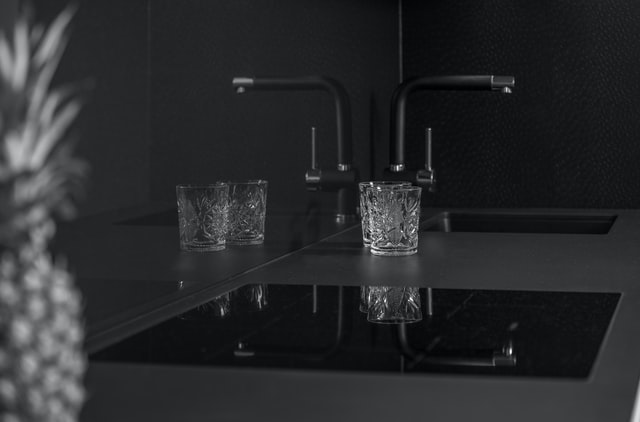 In addition to regular cleaning, there are a few preventative measures you can take to keep your black sink looking its best.
- Avoid leaving dirty dishes or food scraps in the sink for extended periods.
- Use a sink grid or mat to protect the bottom of the sink from scratches and stains.
- Wipe down the sink after each use to prevent water spots and soap scum buildup.
With these tips, you can keep your black sink looking clean and sparkling, adding a touch of elegance to your kitchen for years to come.
In conclusion, a
clean black kitchen sink
is not only aesthetically pleasing but also essential for maintaining the quality and longevity of your sink. By following the proper cleaning and preventative measures, you can enjoy a sleek and modern sink that will be the envy of all your guests.
In addition to regular cleaning, there are a few preventative measures you can take to keep your black sink looking its best.
- Avoid leaving dirty dishes or food scraps in the sink for extended periods.
- Use a sink grid or mat to protect the bottom of the sink from scratches and stains.
- Wipe down the sink after each use to prevent water spots and soap scum buildup.
With these tips, you can keep your black sink looking clean and sparkling, adding a touch of elegance to your kitchen for years to come.
In conclusion, a
clean black kitchen sink
is not only aesthetically pleasing but also essential for maintaining the quality and longevity of your sink. By following the proper cleaning and preventative measures, you can enjoy a sleek and modern sink that will be the envy of all your guests.
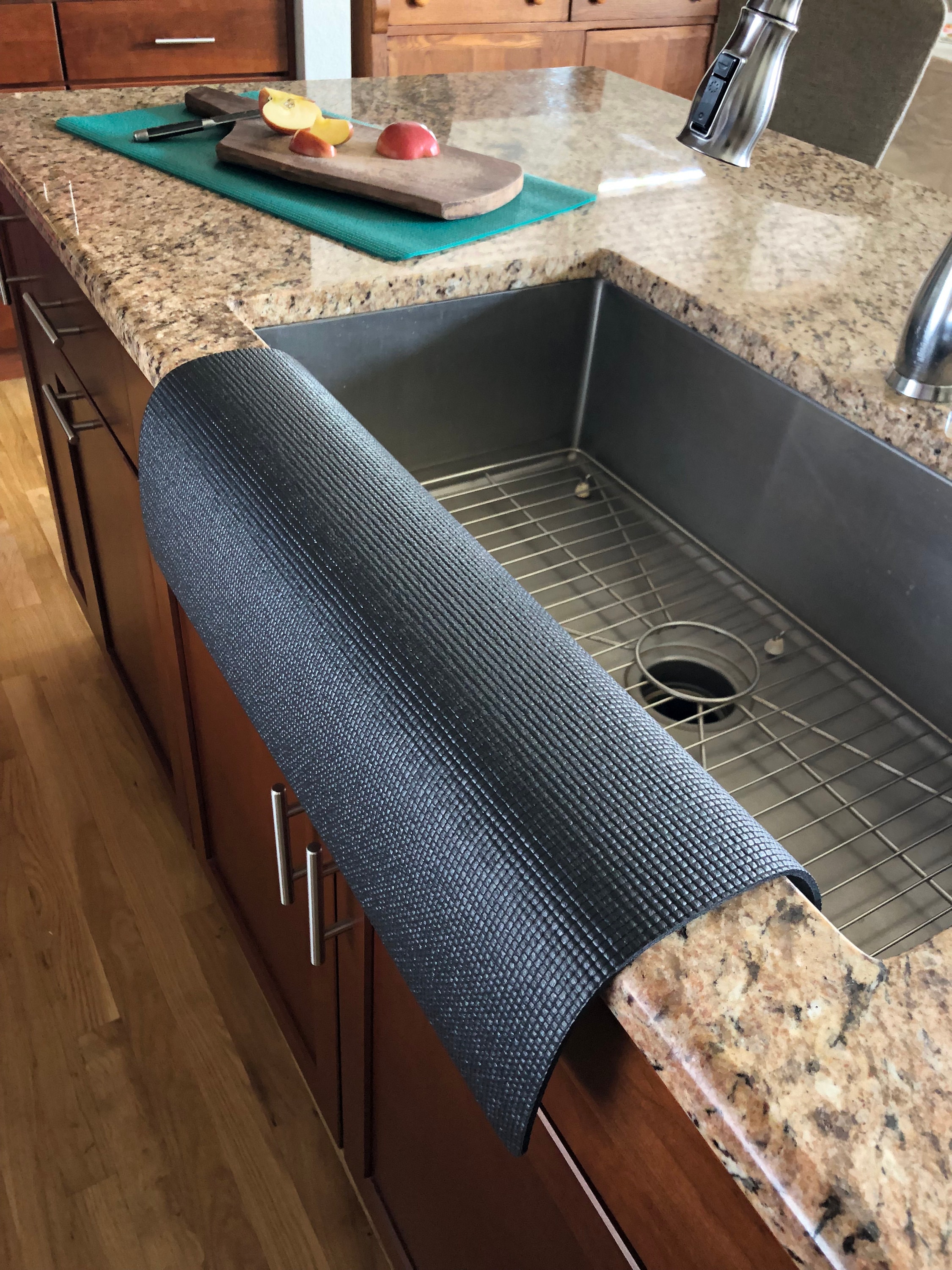


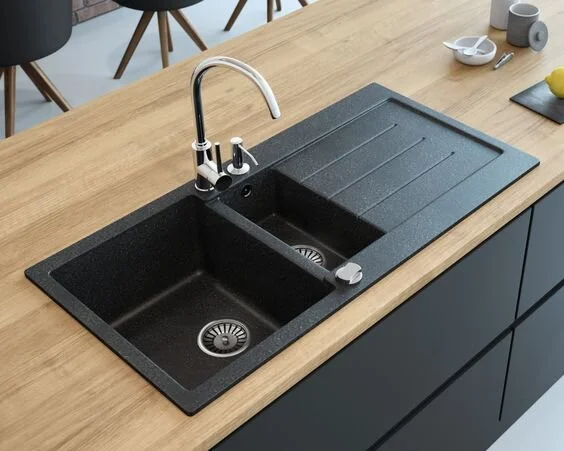
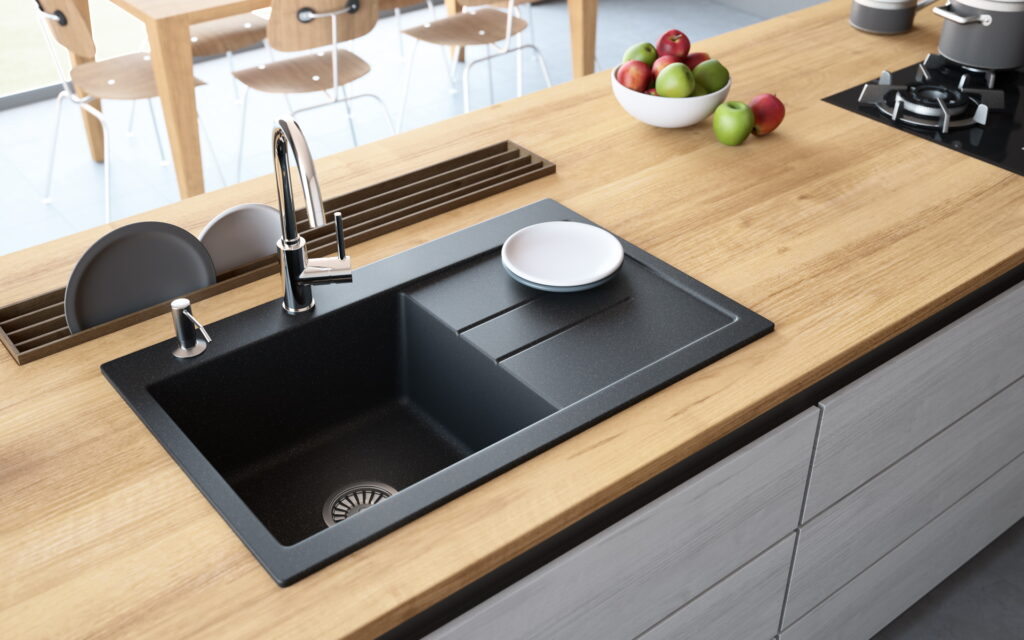


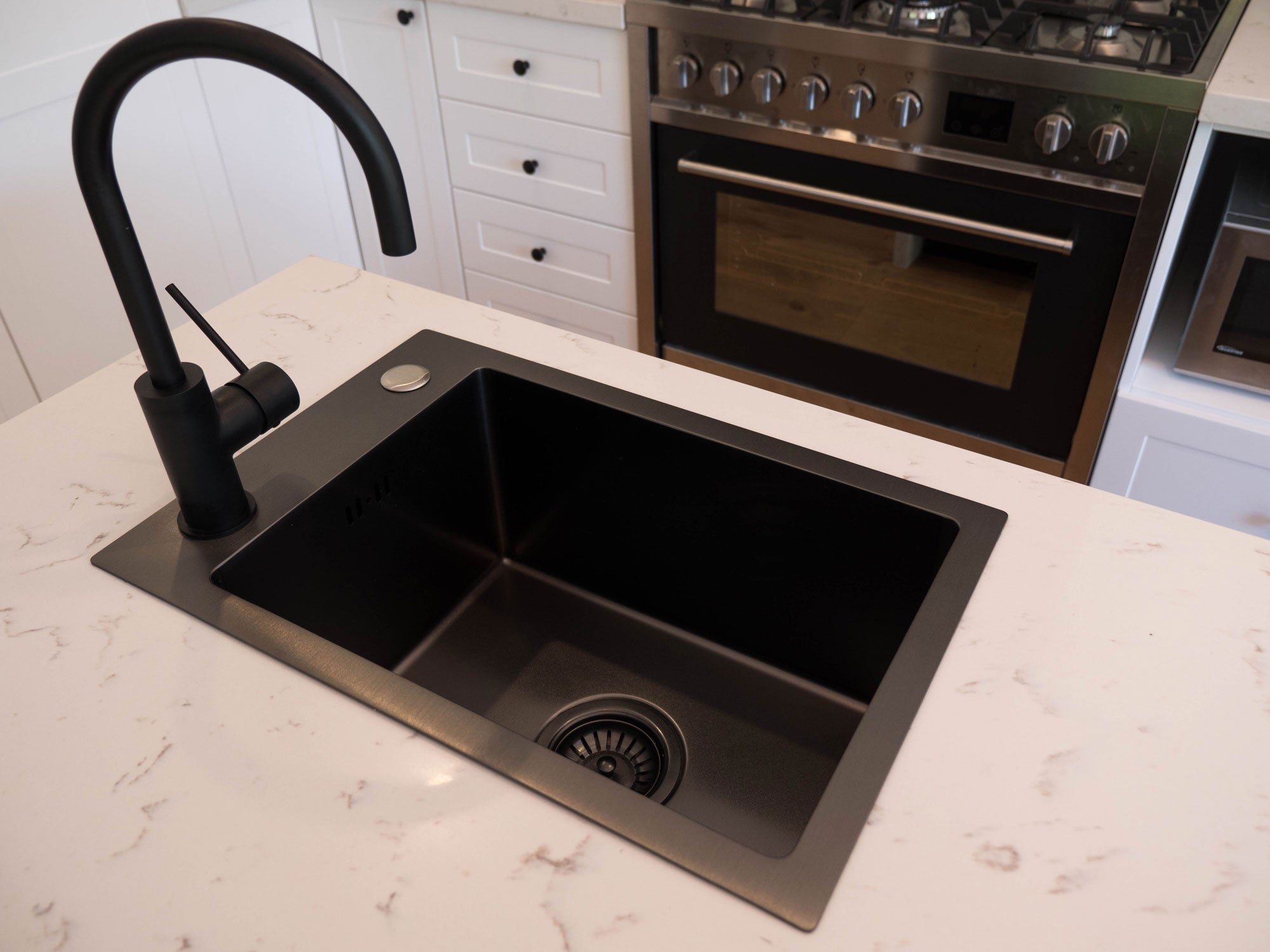


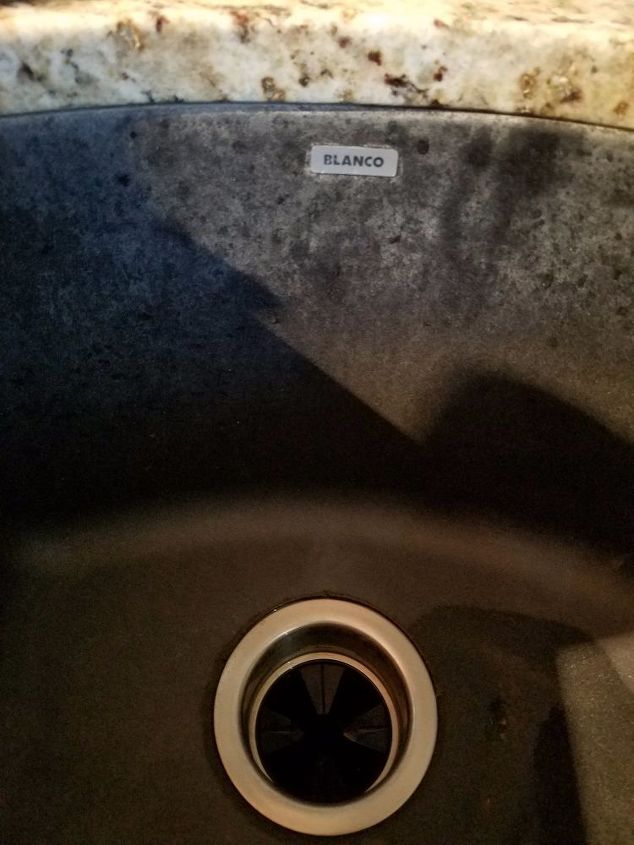
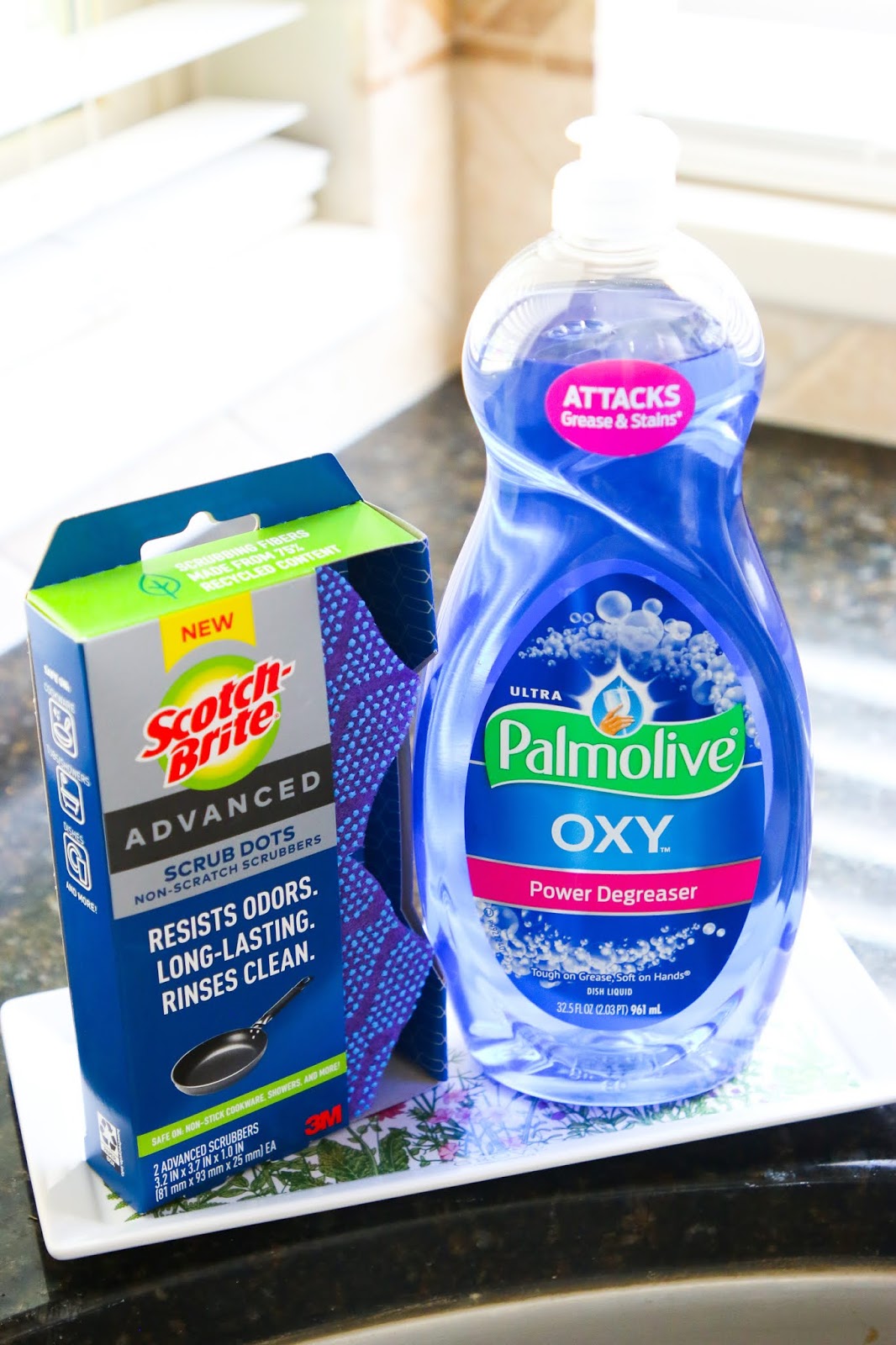
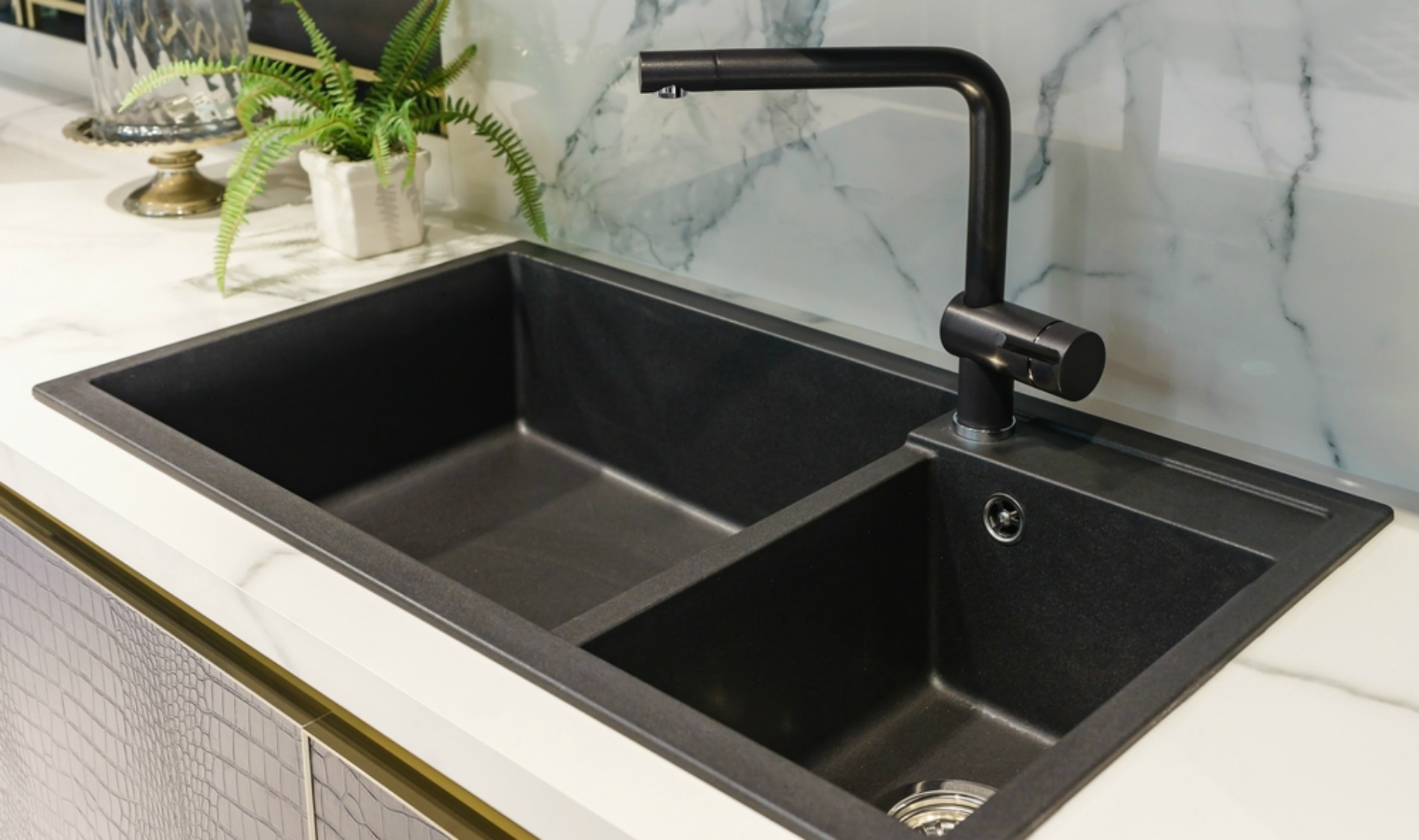











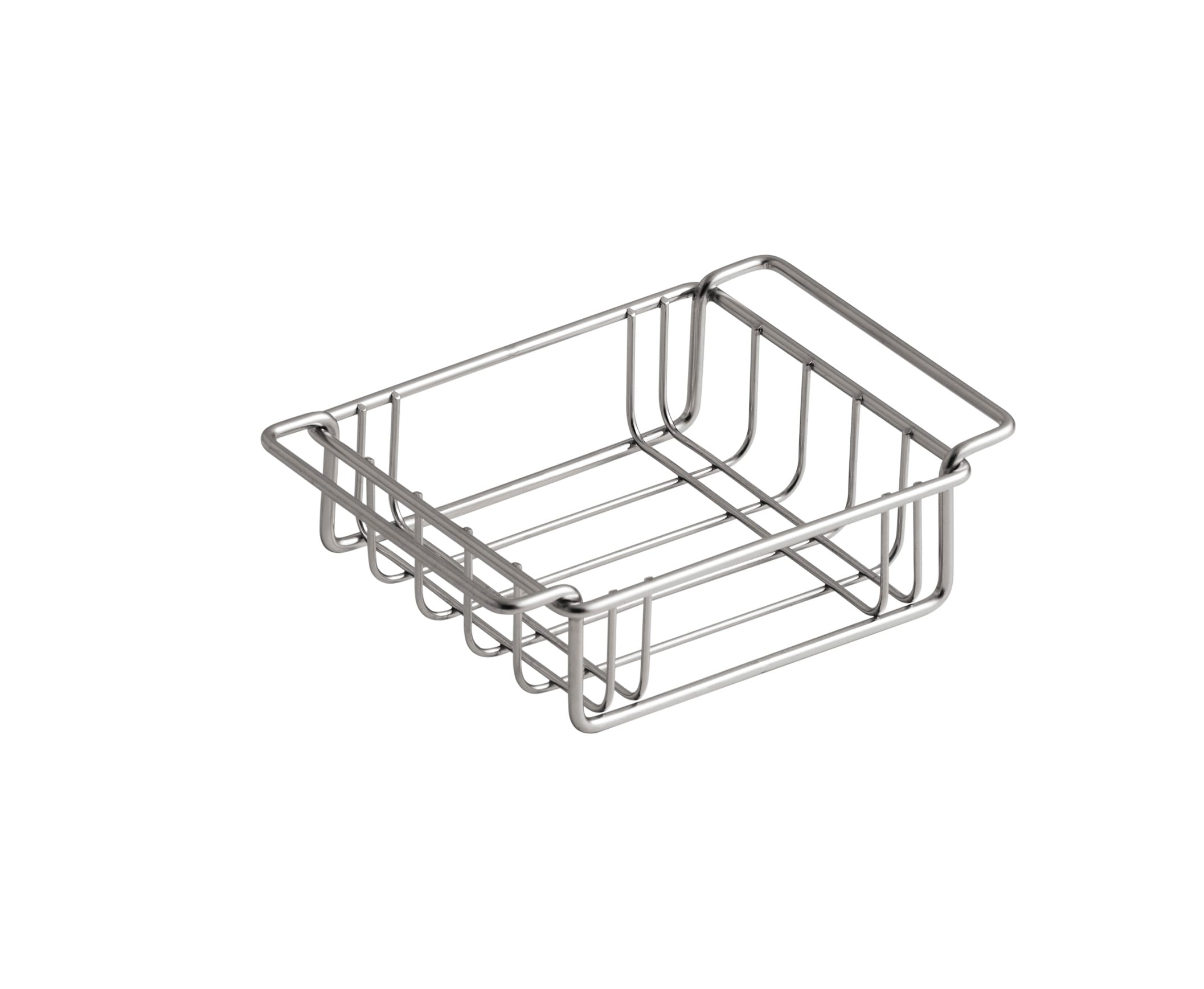


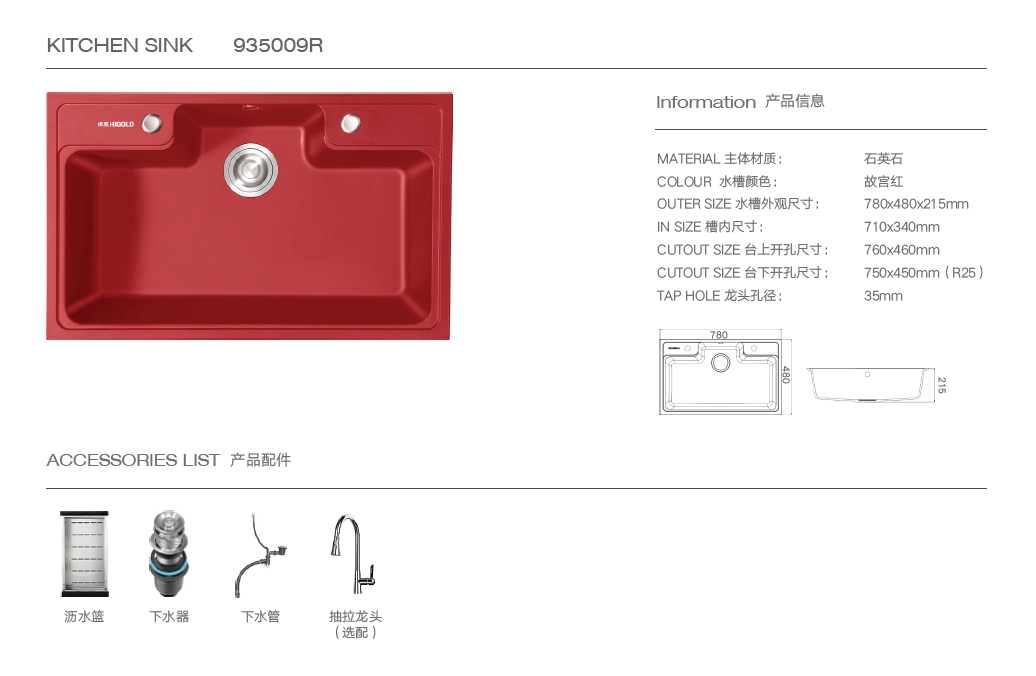
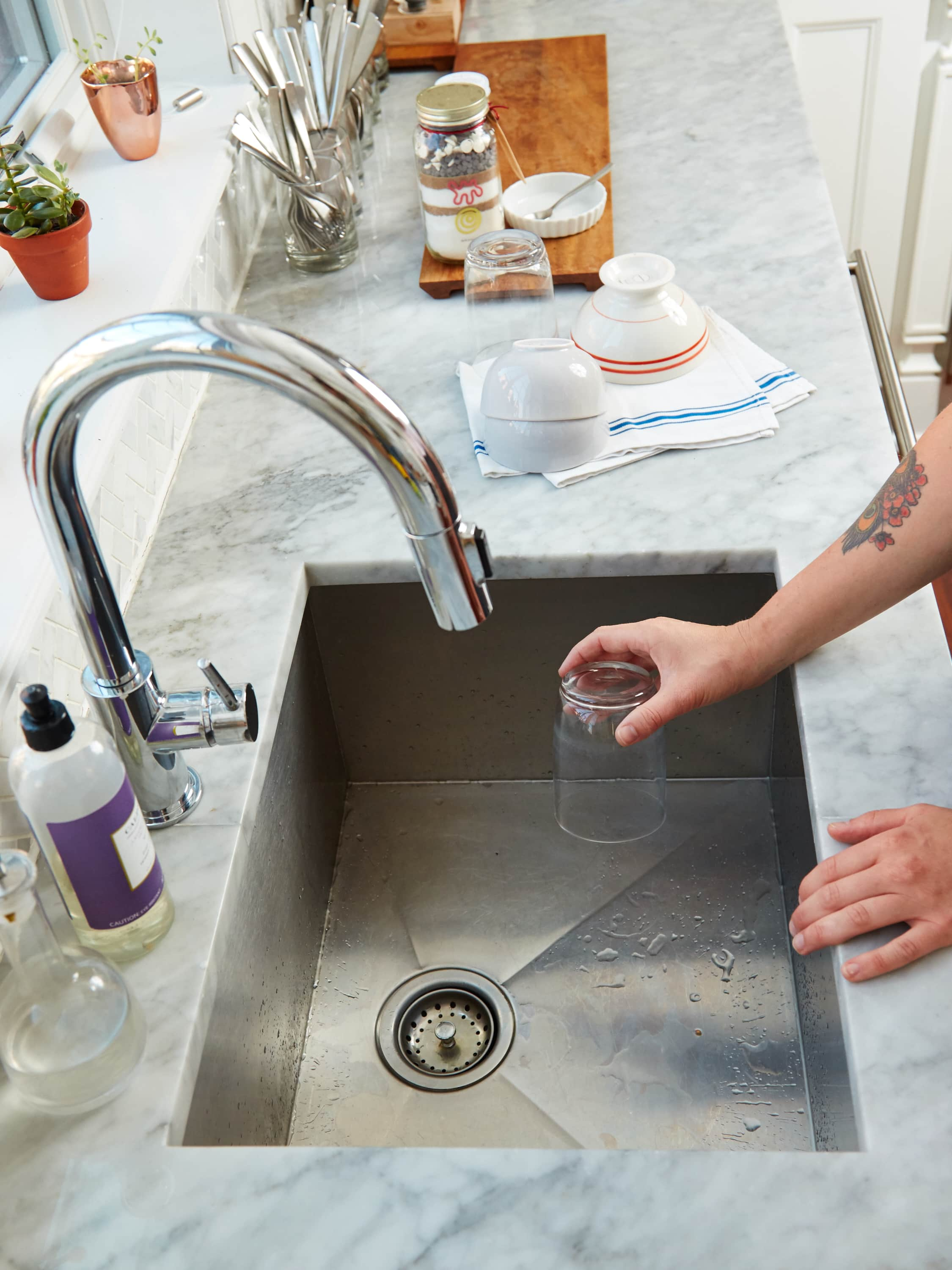


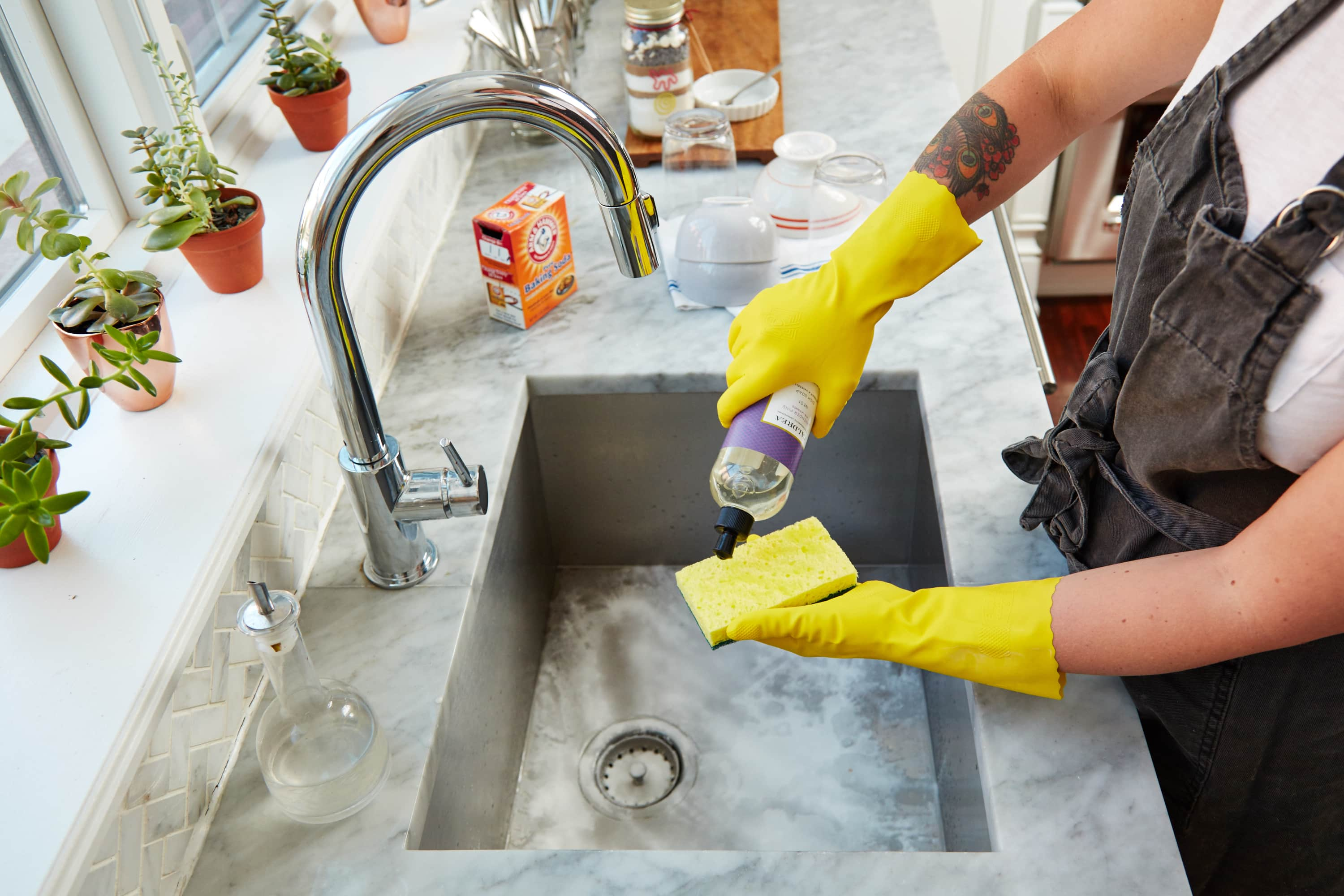



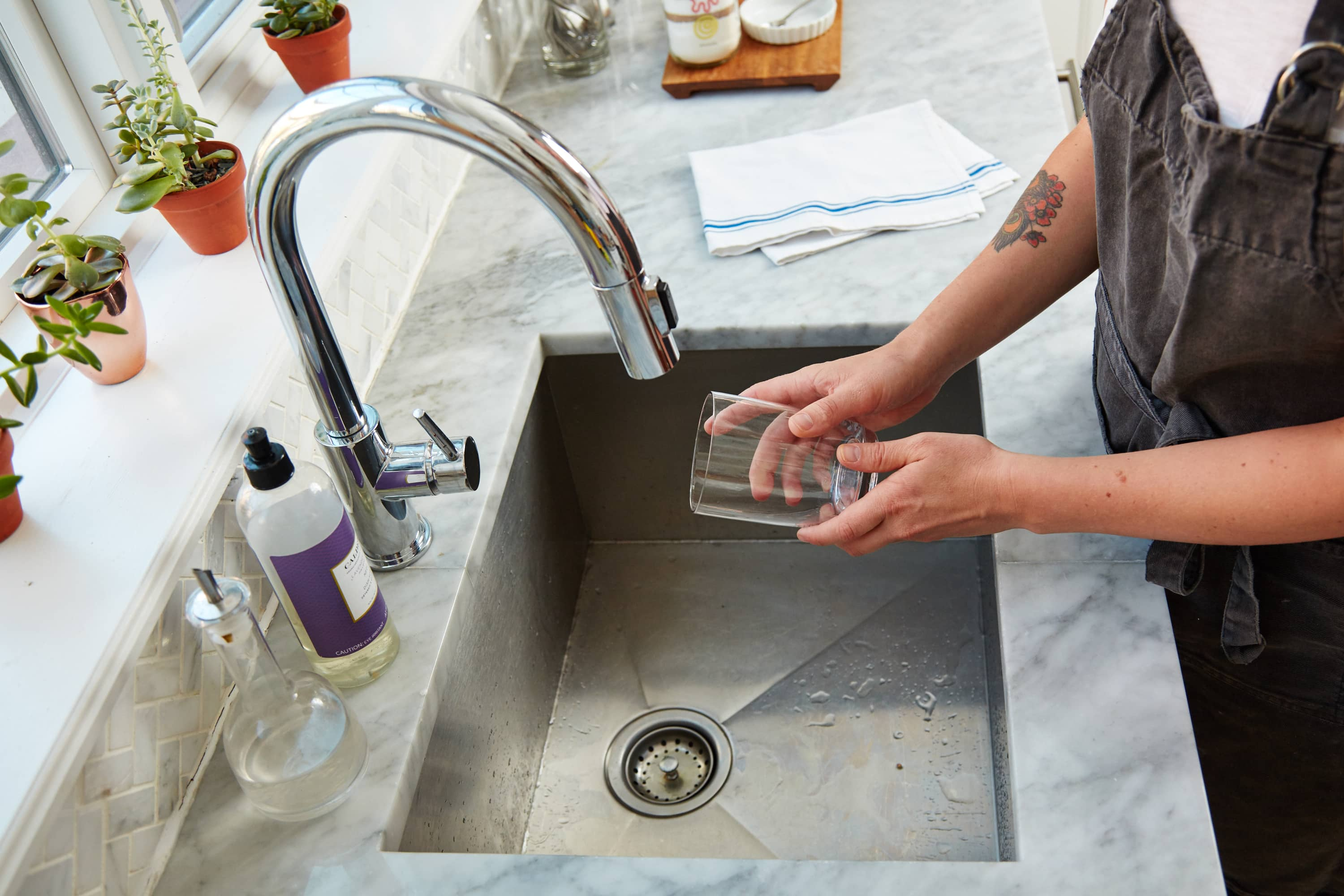
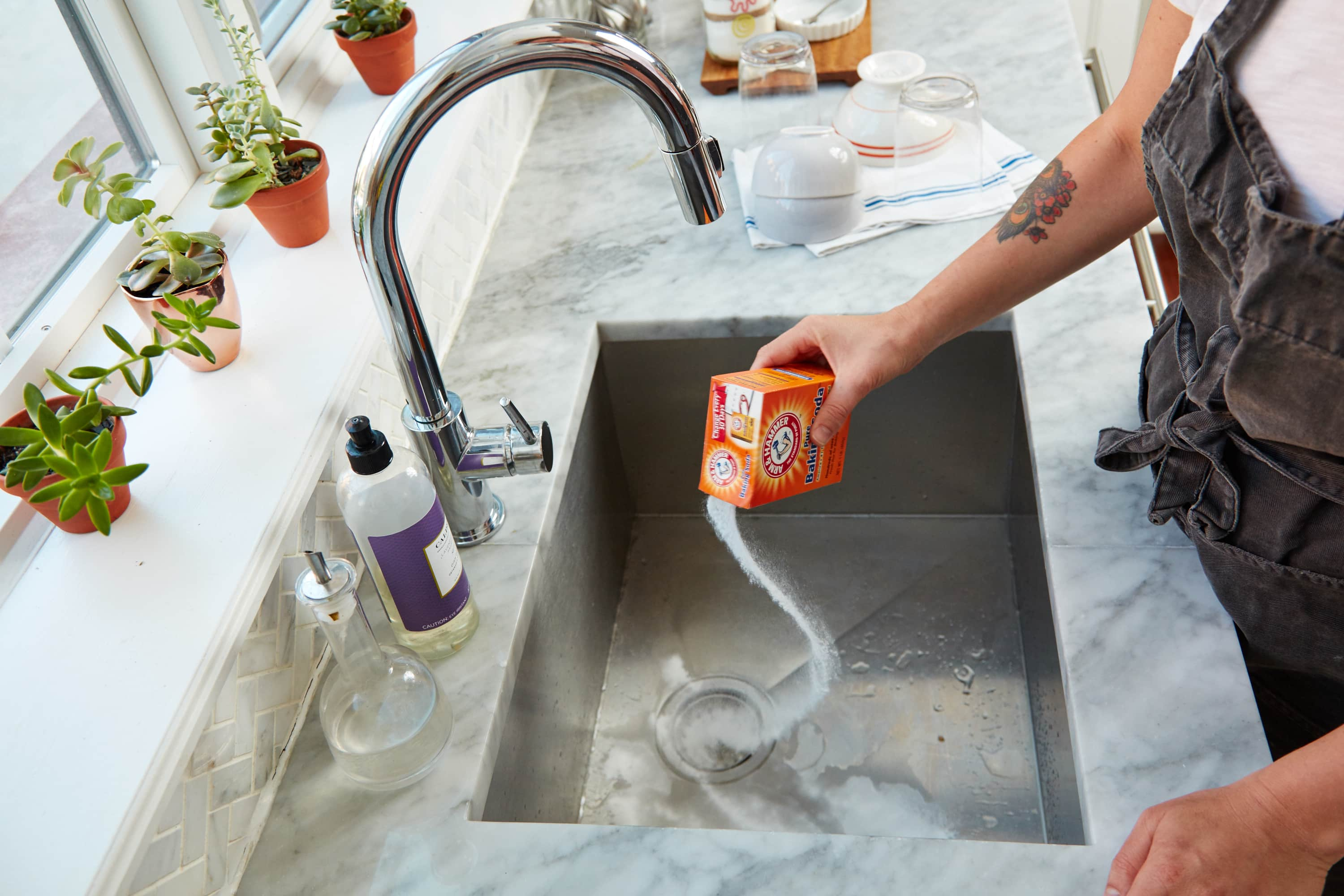





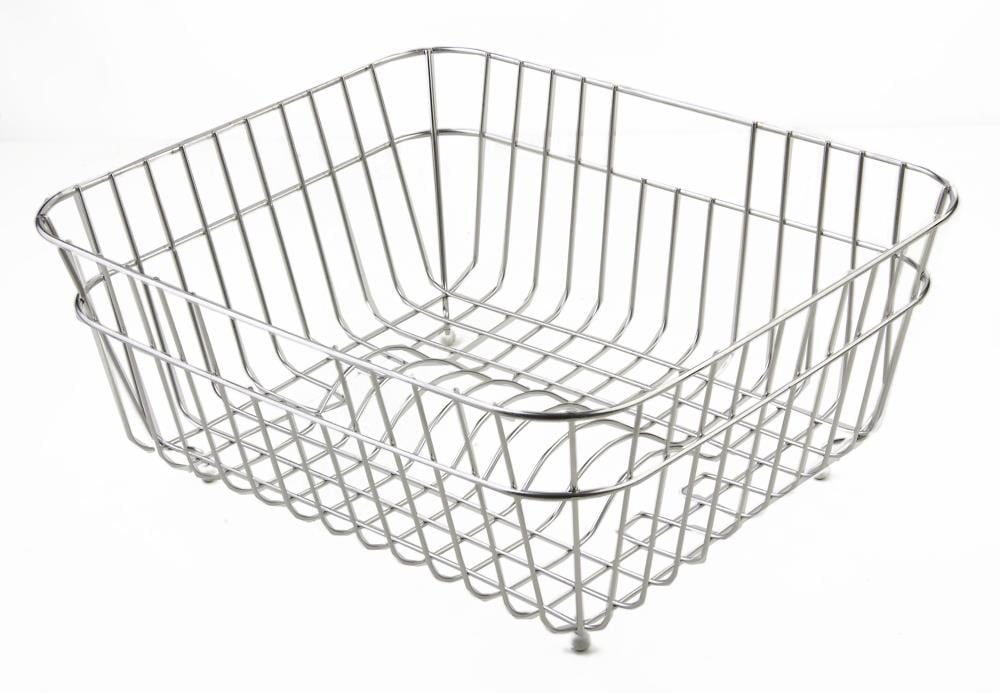
























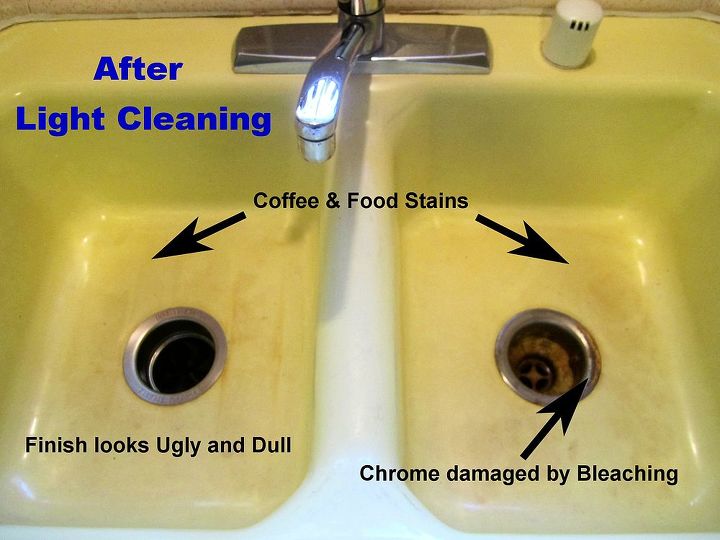
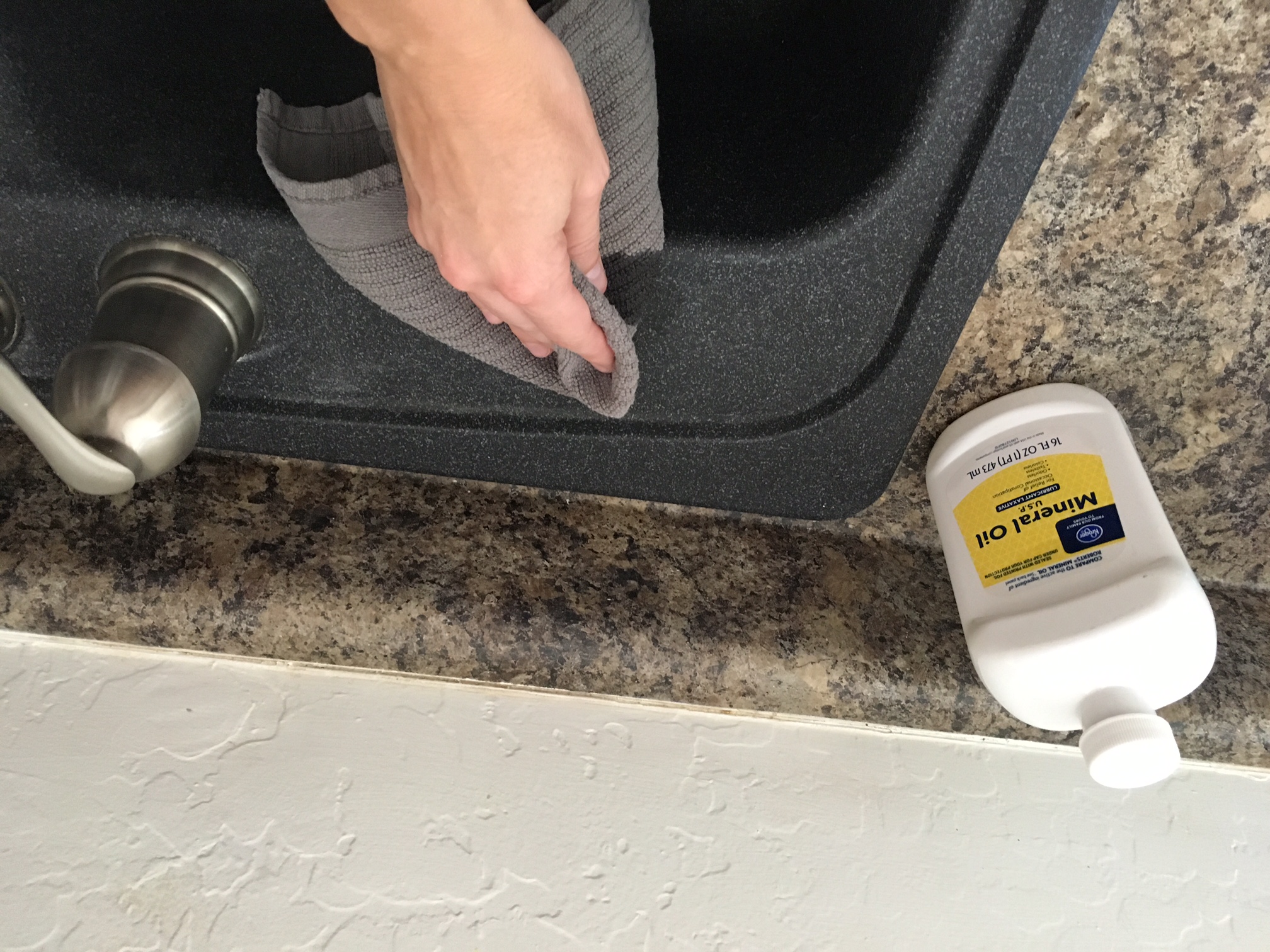


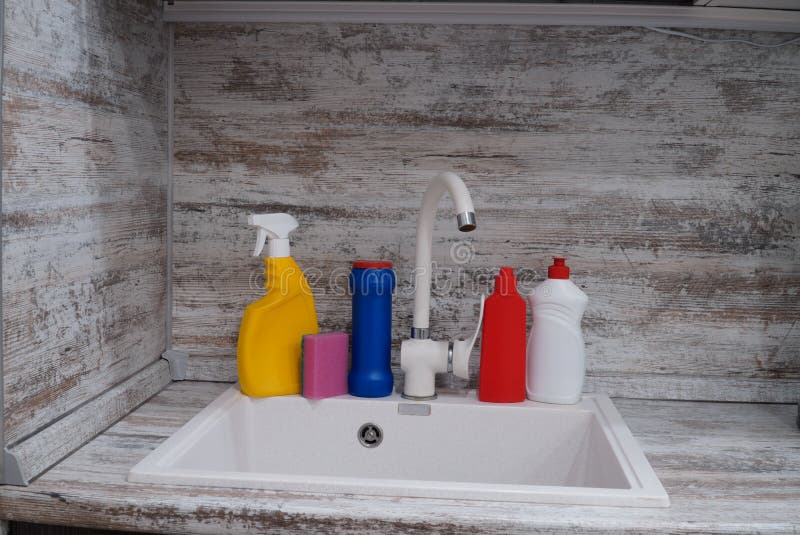





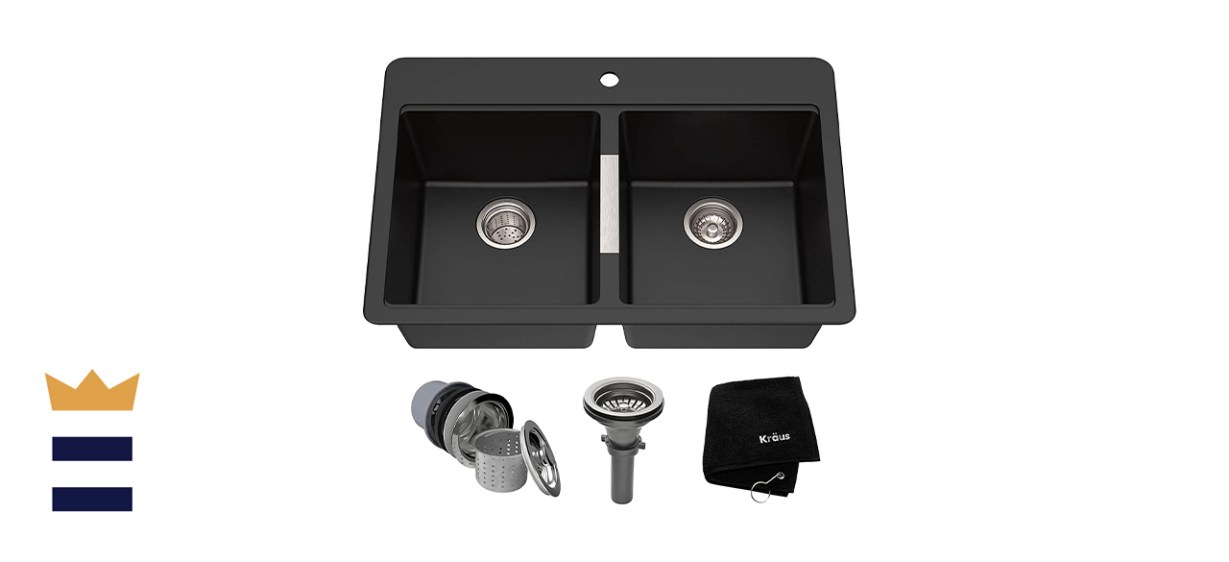






:max_bytes(150000):strip_icc()/marble-fireplace-ideas-25-72af05448b0e499a87caef5ac3c6d5ba.jpg)


